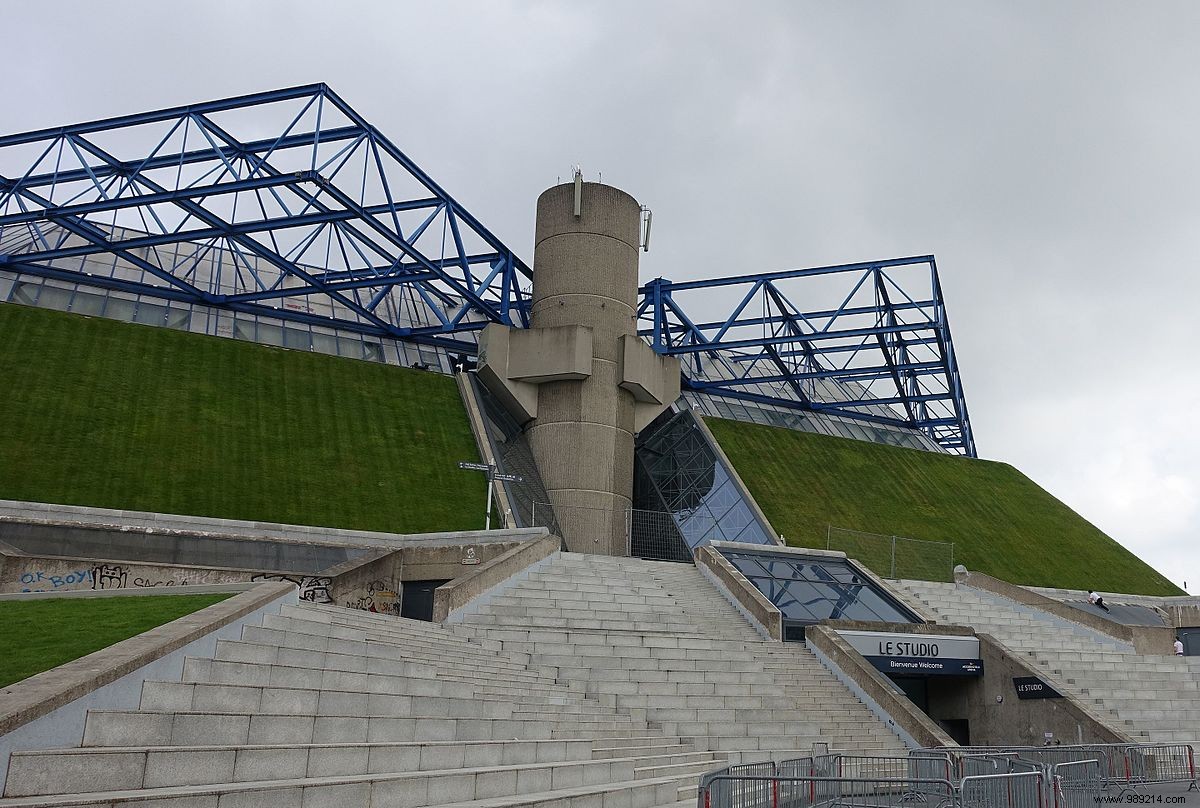In a few days, an experimental concert will take place at the Accor Arena, the purpose of which is to measure the risks of contamination during such events. The place will be equipped with smart cameras, in other words boosted with artificial intelligence. These will assess compliance with the health protocol, including the essential wearing of a mask.
In December 2020, the Apolo hall in Barcelona (Spain) hosted a test concert bringing together more than 450 people. The participants had followed a very strict health protocol and were followed up. In March 2021, the Ziggo Dom in Amsterdam (Netherlands) did the same, this time with around 1,300 people. In a press release, the Paris Hospitals (AP-HP) mentioned the concert which will take place at the Accor Arena in Paris (see image below) on May 29, 2021. Again, this is a concert -test with the difference that this one will bring together no less than 5,000 people wishing to see the Indochine group on stage. Just like the concerts that took place in Spain and the Netherlands, we are talking about a strict health protocol here.

On the other hand, a genuine technological device will be deployed, namely smart cameras. Developed by the French company Datakalab, these cameras or rather the artificial intelligence which uses them will aim to check whether the participants are wearing the mask. Let us recall in passing that before the end of the first confinement in May 2020, the city of Cannes had called on this company to identify people not wearing a mask in the public space.
Indochine concert attendees can be reassured, Datakalab says it is not facial recognition strictly speaking. In addition, the company will not keep any images and will anonymize the video stream. If it is not a question of identifying people, it is however a question of obtaining precise, objective and real-time data concerning the rate of people wearing their mask correctly throughout the duration of the concert. The project leaders defined three categories regarding the wearing of the mask:well worn, badly worn and no mask.
A word on the Paris Hospitals study, which is nothing more than a randomized clinical trial. It will be a question of comparing the risk of contamination between two groups of people, randomly distributed, namely an "experimental" group of 5,000 people who will attend the concert and a "control" group of 2,500 people who will not attend.
You should know that the study mainly concerns systematic screening for SARS COV-2 within a maximum of three days before an event. Experience will make it possible to verify whether this screening makes it possible to control the risk of transmission as well as the generation of epidemic foci in the context of this type of event.